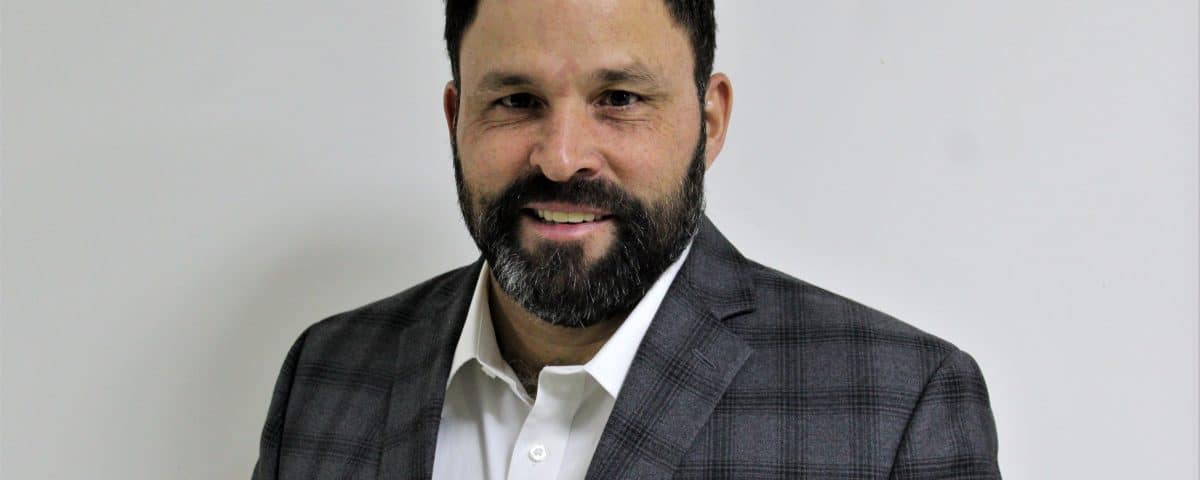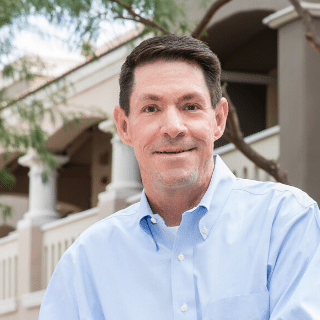Reddit IPO: What we know about date, stock price and shares
December 16, 2021US Department of Energy launching scale-up program with $100M
January 5, 2022By Verne Harnish
Hector Neira wants both his company and his employees to find a balance between work and the other important parts of life.
As CEO and a partner in Grupo Acermex 11, a maker and distributor of industrial products such as steel balls for the mining and cement industry in Chihuahua, Mexico, he has introduced the “Balanced Scorecard,” an innovative and heartfelt system that helps them to track progress toward company and personal goals in five key areas: Faith, Family, Friends, Fitness and Finance.
It’s a departure from many traditional employee development programs. “Businesses have been trying to develop people just in areas that help the business,” says Neira. “If the employees grow, the company grows, but they must grow integral way. If they grow in only one area of life, it is not sustainable.”
The result has been a much stronger culture.
Creating a purpose-centric company
Grupo Acermex 11 uses a two-step system to align the purpose of the organization and its employees’ purpose. On the company level, Neira and his leadership team set goals and key performance indicators in five areas: clients, people and technology, internal processes, finances and markets. The company creates one set of goals, and the employees have their own goals and key performance indicators (KPIs) that flow into the company goals.
For instance, the company has set a goal of donating a certain percentage of profits to education in the community. It not only tracks its progress toward that goal as a company but also the hours that its personnel donate to the community, perhaps by volunteering to teach in local schools on topics like Excel, English or how to prevent addictions. “This gives our colleagues a sense of responsibility and makes them more conscious of the needs of the community,” says Neira.
Grupo Acermex believes that for a company to be sustainable over time, meeting financial and market KPIs is only one part of the picture. “It is more important to define why you want financial and market KPIs and align them with the personal purpose of all the colleagues in the organization,” says Neira.
Embracing work-life balance
The second part of the system monitors the company’s goals in areas in the areas of Faith, Family, Friends, Fitness and Finance, as well as a larger goal of “transcendence.” Transcendence is expressed through a more overarching goal like, “Contribute to the progress of society.”
In performance appraisals, managers review the individuals’ progress toward both company KPIs and, if employees opt-in, personal goals—like “Take more time for my family,” “Go to church,” “Have more social life” or “Commit to a community nonprofit organization.”
“Just the boss and the employee know of these personal challenges,” says Neira.
Tracking progress
Three times a year, they review the individuals’ progress toward personal goals and discuss competencies they need to develop to meet them.
“What we’ve been doing is using the same kind of process companies use to improve and create more growth, we are doing it in their personal life,” says Neira.
This part of the program is voluntary, and up to about 85% of employees participate at any given time. The company’s People Development department tracks and monitors employees’ progress on an annual basis.
Often, succeeding at one goal opens the door to tackling another one. “Let’s say you want to save 300 pesos,” he says. “You save the 300 pesos. Maybe you can use the money for something else, like eating healthier.”
Motivating a team
To keep everyone focused on their goals, the company awards trophies to those who complete them annually at a ceremony one member of their family is invited to attend. “That gives more engagement to the company,” says Neira.
With many employees looking for opportunities for personal development, those who take part often experience the company in a new way—as more than a provider of their paycheck.
“They start looking at it as an organization that cares about them,” says Neira. “It changes the way people look at the company.”


